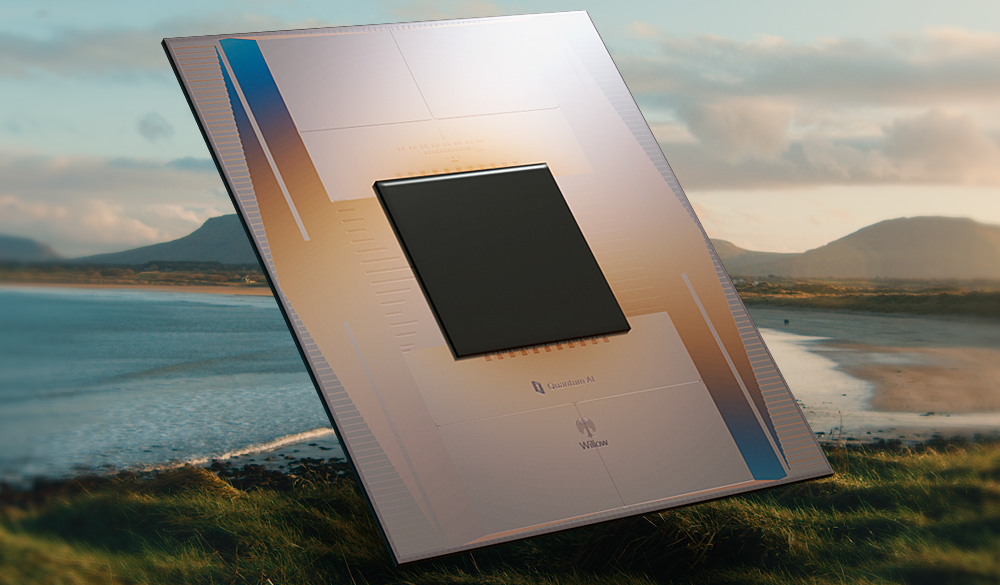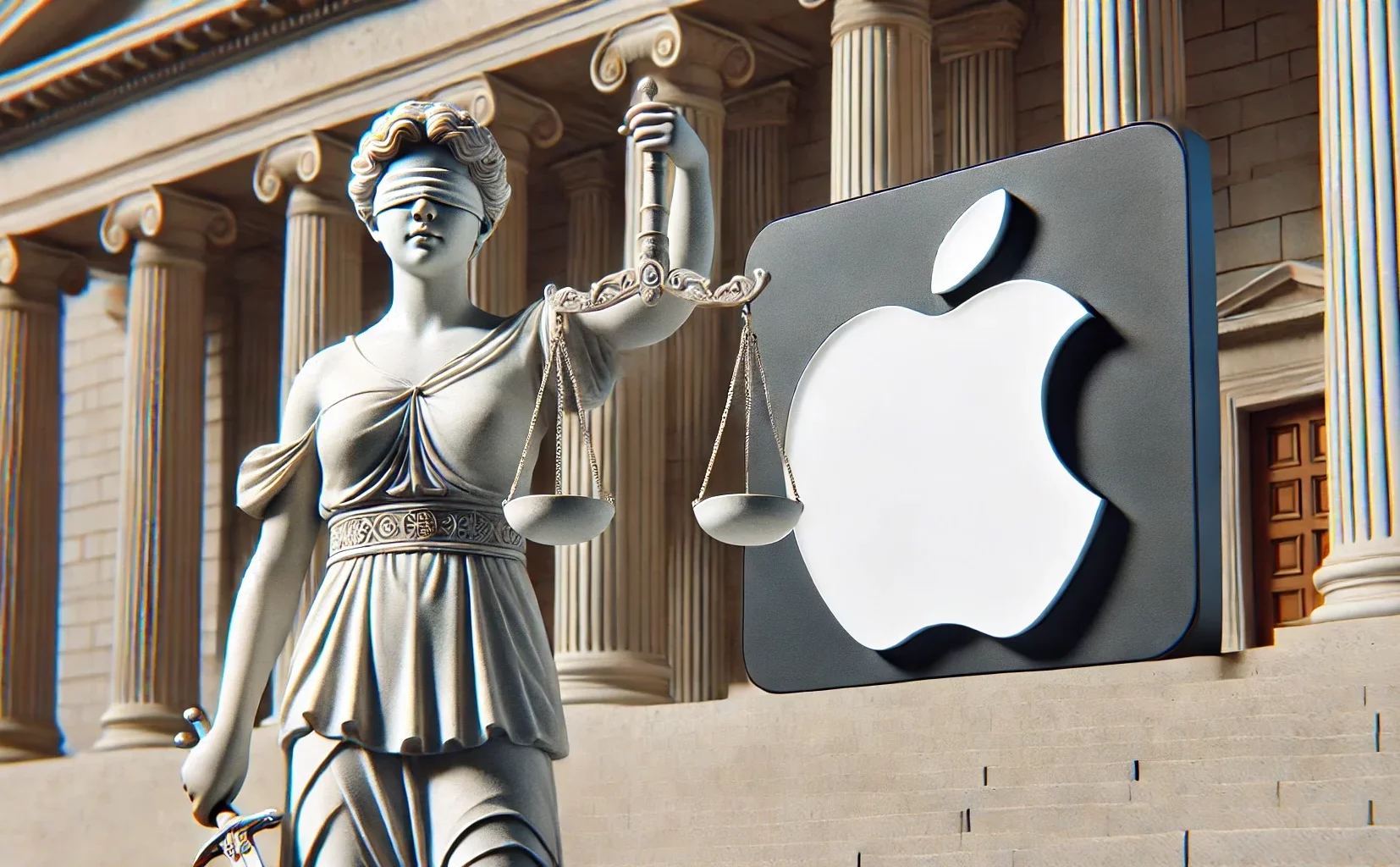Quantum computing has long been a tantalizing prospect in the realm of technology, promising to revolutionize everything from cryptography to pharmaceutical development. In 2025, we stand on the precipice of turning theory into reality as quantum computing continues its rapid advancement. With tech giants and startups alike pushing the limits, let’s explore the latest developments in this cutting-edge field.
The Current State of Quantum Computing
Quantum computing operates on principles vastly different from classical computing. Instead of bits that exist as either 0 or 1, quantum bits (qubits) can exist in superpositions of both states simultaneously, allowing for parallel computations on an unprecedented scale. Leading companies, including IBM, Google, and startups like IonQ and Rigetti, have been working tirelessly to increase qubit counts and reduce error rates.
In late 2023, IBM unveiled its 1,000+ qubit processor, marking a major milestone in quantum capability. Google, on the other hand, has focused on quantum supremacy—achieving tasks that classical computers simply cannot solve within a reasonable timeframe. Their latest advancements suggest they are inching closer to practical applications beyond just theoretical demonstrations.
Key Breakthroughs in Quantum Computing
Error Correction Improvements
One of the biggest hurdles for quantum computing has been the issue of decoherence—where qubits lose their quantum state due to environmental noise. Researchers have made significant strides in error correction, introducing logical qubits that can withstand noise more effectively. This innovation brings us closer to fault-tolerant quantum computers.
Quantum Hardware Advancements
While superconducting qubits have been the most common hardware approach, alternative technologies like photonic quantum computing and trapped-ion qubits are gaining traction. Companies like PsiQuantum are betting on photonics, which could potentially scale better than superconducting qubits.
Cloud-Based Quantum Computing
More companies are offering quantum-as-a-service (QaaS), allowing researchers and businesses to access quantum computers via the cloud. IBM’s Quantum Network and Amazon’s Braket service are enabling developers to experiment with quantum algorithms without requiring expensive hardware.
Commercial Applications Emerging
Industries from finance to pharmaceuticals are beginning to explore real-world applications of quantum computing. Banks like JPMorgan Chase are testing quantum algorithms for portfolio optimization, while drug companies like Moderna are using quantum simulations to accelerate molecular modeling for new treatments.
What’s Next for Quantum Computing?
The race to practical quantum computing is accelerating, with competition driving breakthroughs at an unprecedented rate. Over the next few years, we can expect:
- More stable and scalable qubits through improved materials and hybrid quantum-classical systems.
- Quantum-powered AI that enhances machine learning models far beyond classical capabilities.
- Government and private sector investments fueling faster commercialization.
While quantum computing is still in its infancy compared to classical computing, the trajectory is clear: we are moving closer to a future where quantum machines solve problems that were once deemed impossible. Whether it’s revolutionizing cryptography, material science, or artificial intelligence, the impact of quantum computing will be profound.
Are we ready for the quantum leap? One thing is certain—2025 is shaping up to be a defining year for this game-changing technology.





